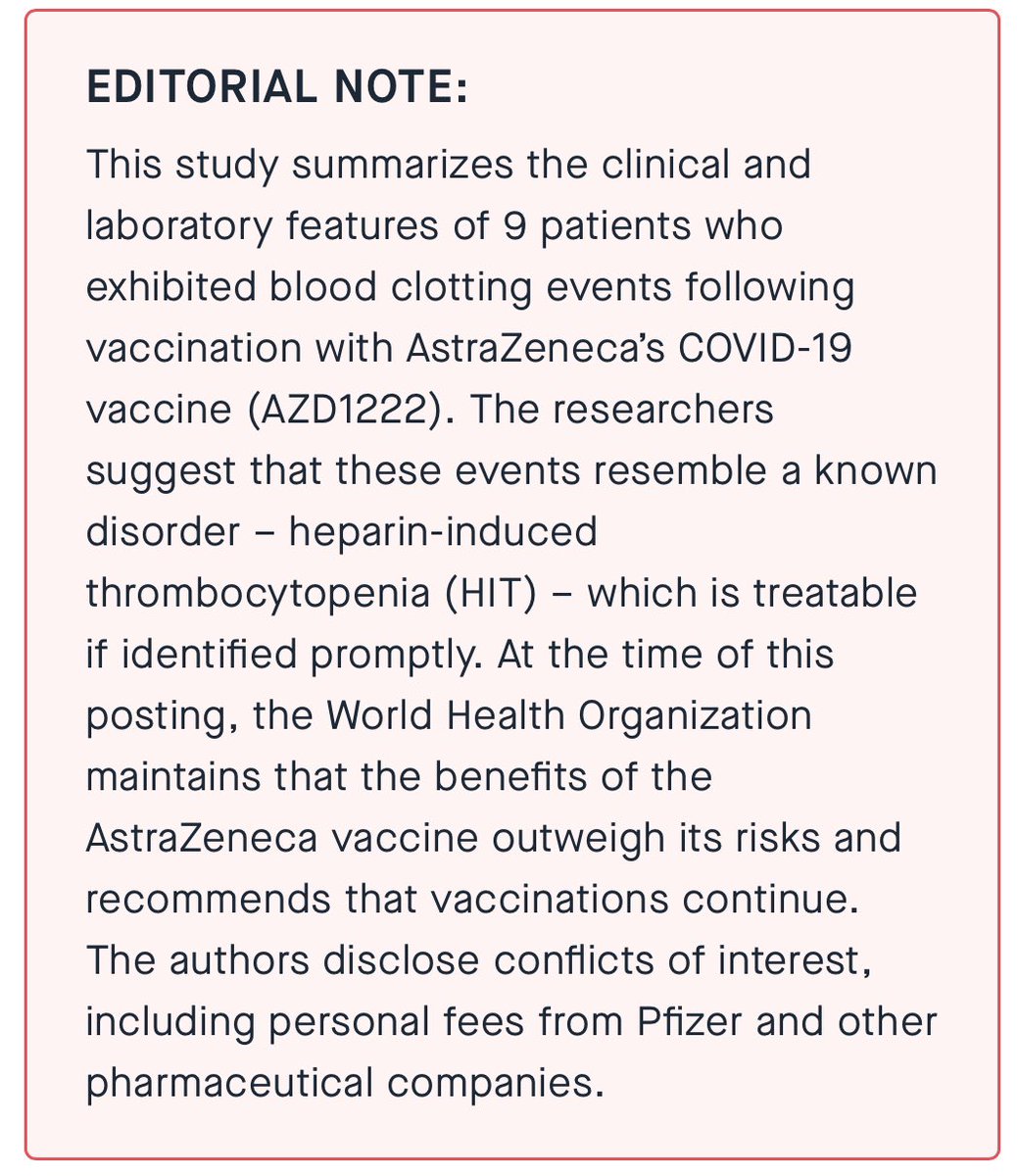
15 Monate lang habe ich jetzt intensiv über diese Pandemie berichtet.
Ich habe mich in die Arbeit gestürzt, weil genau das hier mein Job ist. Aber auch weil es die Chance war etwas zu tun, sich nicht so nutzlos zu fühlen.
Ich habe mich in die Arbeit gestürzt, weil genau das hier mein Job ist. Aber auch weil es die Chance war etwas zu tun, sich nicht so nutzlos zu fühlen.
Ich habe mit Forscherinnen und Ärzten gesprochen, Artikel geschrieben, getwittert, einen Podcast gestartet, habe Panels moderiert, Pressekonferenzen gelauscht und Interviews gegeben.
Ich war häufig frustriert, gestresst, manchmal traurig.
Ich war häufig frustriert, gestresst, manchmal traurig.
Aber in dieser ganzen Zeit habe ich das schiere Ausmaß des Leids, das dieses winzige Virus verursacht hat, ziemlich erfolgreich von mir ferngehalten.
Drei. Millionen. Tote. Wie beginnt man das zu begreifen?
Drei. Millionen. Tote. Wie beginnt man das zu begreifen?
Ich habe mich mit aller Macht dagegen gestemmt.
Inzidenzen und Impfstoffkandidaten, Moleküle und Medikamentenstudien: arbeiten, arbeiten, arbeiten.
Bloß nicht zur Ruhe kommen.
Bloß nicht die Gefühle zulassen.
Inzidenzen und Impfstoffkandidaten, Moleküle und Medikamentenstudien: arbeiten, arbeiten, arbeiten.
Bloß nicht zur Ruhe kommen.
Bloß nicht die Gefühle zulassen.
Ich glaube, das ist eine ganz normale Abwehrreaktion. Und sie ist mir leichter gefallen, weil ich in meinem Umfeld zum Glück keinen schlimmen Krankheits- oder gar Todesfall zu beklagen hatte.
Aber vergangene Woche hatte ich einen Tag frei, habe einen alten Freund gesehen. Also mal ein paar Stunden keine Arbeit. Und ich habe die Dokuserie meines Freundes @carlgierstorfer gesehen: Charité intensiv (ardmediathek.de/sendung/charit…)
Und plötzlich ging das nicht mehr.
Wir haben versucht danach eine Episode unseres @pandemiapodcast aufzunehmen und mussten das mehrfach abbrechen, weil wir schlicht und einfach heulen mussten. (Die Folge kommt vermutlich heute raus.)
Wir haben versucht danach eine Episode unseres @pandemiapodcast aufzunehmen und mussten das mehrfach abbrechen, weil wir schlicht und einfach heulen mussten. (Die Folge kommt vermutlich heute raus.)
Ich glaube, dass das uns allen noch
bevorsteht.
Wir sind mitten in einer furchtbaren Katastrophe und ob wir es uns eingestehen oder nicht: wir sind davon alle ein wenig traumatisiert und wir werden Worte finden müssen für das, was wir veloren haben.
bevorsteht.
Wir sind mitten in einer furchtbaren Katastrophe und ob wir es uns eingestehen oder nicht: wir sind davon alle ein wenig traumatisiert und wir werden Worte finden müssen für das, was wir veloren haben.
Ich habe versucht meine Gedanken für @uebermedien und @riffreporter einmal aufzuschreiben hier:
riffreporter.de/de/wissen/coro…
riffreporter.de/de/wissen/coro…
Und ich empfehle jedem, der sich ernsthaft auseinandersetzen möchte mit dieser Pandemie sich die Doku-Serie anzuschauen: ardmediathek.de/sendung/charit…
Und unser @pandemiapodcast dazu und außerdem über die Recovery-Studie, die in dieser Pandemie vermutlich hunderttausende Leben gerettet hat, ist jetzt auch online:
viertausendhertz.de/pan22/
viertausendhertz.de/pan22/
• • •
Missing some Tweet in this thread? You can try to
force a refresh





